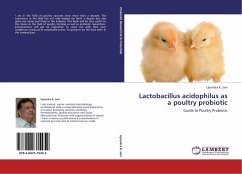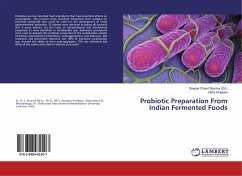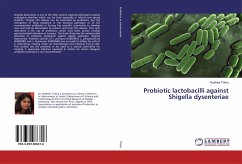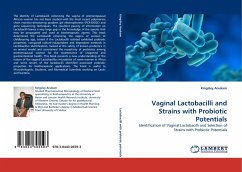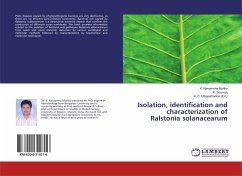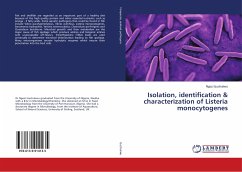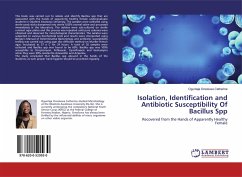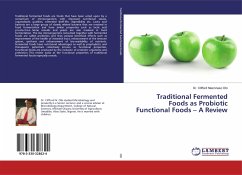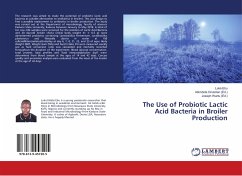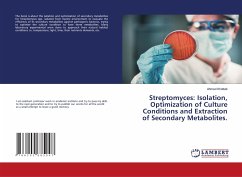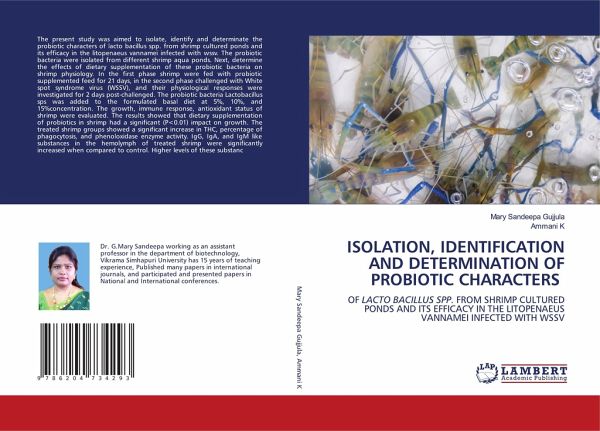
ISOLATION, IDENTIFICATION AND DETERMINATION OF PROBIOTIC CHARACTERS
OF LACTO BACILLUS SPP. FROM SHRIMP CULTURED PONDS AND ITS EFFICACY IN THE LITOPENAEUS VANNAMEI INFECTED WITH WSSV
Versandkostenfrei!
Versandfertig in 6-10 Tagen
53,99 €
inkl. MwSt.

PAYBACK Punkte
27 °P sammeln!
The present study was aimed to isolate, identify and determinate the probiotic characters of lacto bacillus spp. from shrimp cultured ponds and its efficacy in the litopenaeus vannamei infected with wssv. The probiotic bacteria were isolated from different shrimp aqua ponds. Next, determine the effects of dietary supplementation of these probiotic bacteria on shrimp physiology. In the first phase shrimp were fed with probiotic supplemented feed for 21 days, in the second phase challenged with White spot syndrome virus (WSSV), and their physiological responses were investigated for 2 days post-...
The present study was aimed to isolate, identify and determinate the probiotic characters of lacto bacillus spp. from shrimp cultured ponds and its efficacy in the litopenaeus vannamei infected with wssv. The probiotic bacteria were isolated from different shrimp aqua ponds. Next, determine the effects of dietary supplementation of these probiotic bacteria on shrimp physiology. In the first phase shrimp were fed with probiotic supplemented feed for 21 days, in the second phase challenged with White spot syndrome virus (WSSV), and their physiological responses were investigated for 2 days post-challenged. The probiotic bacteria Lactobacillus sps was added to the formulated basal diet at 5%, 10%, and 15%concentration. The growth, immune response, antioxidant status of shrimp were evaluated. The results showed that dietary supplementation of probiotics in shrimp had a significant (P<0.01) impact on growth. The treated shrimp groups showed a significant increase in THC, percentage ofphagocytosis, and phenoloxidase enzyme activity. IgG, IgA, and IgM like substances in the hemolymph of treated shrimp were significantly increased when compared to control. Higher levels of these substanc



